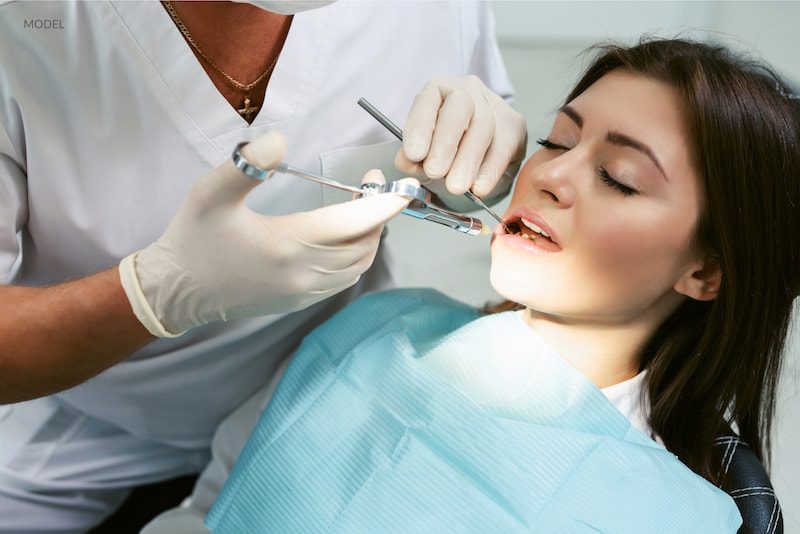Tooth extractions are common dental procedures performed to remove damaged, decayed, or problematic teeth. While many extractions can be completed using local anesthesia alone, there are situations where sedation may be necessary to ensure patient comfort and relaxation during the procedure. Understanding the factors that influence the necessity of sedation for tooth extractions can help both patients and dental professionals make informed decisions about the most appropriate approach to anesthesia.
Complexity of the Procedure
The complexity of the tooth extraction procedure plays a significant role in determining the need for sedation. Simple extractions, where the tooth is visible above the gum line and can be easily grasped and removed with forceps, typically require only local anesthesia to numb the area. However, surgical extractions, which involve teeth that are impacted, broken, or deeply embedded in the jawbone, may necessitate sedation to ensure patient comfort and facilitate the extraction process.
Patient Anxiety and Fear
Patient anxiety and fear are common reasons for considering sedation during tooth extractions. Dental anxiety can cause patients to experience heightened stress, nervousness, and discomfort during dental procedures, making it challenging for them to tolerate treatment without adequate sedation. Sedation techniques such as oral sedatives, nitrous oxide (laughing gas), or intravenous (IV) sedation can help alleviate anxiety and promote relaxation, allowing patients to undergo extractions more comfortably.
Medical History and Health Conditions
The patient’s medical history and overall health condition are important factors to consider when determining the necessity of sedation for tooth extractions. Patients with certain medical conditions, such as cardiovascular disease, respiratory disorders, or neurological disorders, may benefit from sedation to ensure their safety and well-being during the procedure. Additionally, patients taking medications that affect anesthesia or blood clotting may require special considerations regarding sedation.
Procedure Duration and Complexity
The duration and complexity of the tooth extraction procedure can influence the need for sedation. Longer or more complex extractions may be more challenging for patients to endure without sedation, especially if multiple teeth are being removed or if additional procedures such as bone grafting or socket preservation are required. Sedation can help patients remain comfortable and relaxed throughout the duration of the procedure, ensuring a positive experience and optimal outcomes.
Patient Preference and Comfort
Patient preference and comfort are important factors to consider when deciding whether sedation is necessary for tooth extractions. Some patients may express a strong desire for sedation due to past negative experiences or anxiety about dental procedures, while others may feel more comfortable with local anesthesia alone. Dentists should take into account the individual needs and preferences of each patient and discuss the available sedation options to determine the most suitable approach.
Dentist’s Training and Expertise
The dentist’s training and expertise in administering sedation techniques also play a crucial role in determining the necessity of sedation for tooth extractions. Dentists who are certified to administer sedation techniques such as oral sedation, nitrous oxide, or IV sedation can offer these options to patients who may benefit from them. Additionally, dentists should carefully evaluate each patient’s medical history, health status, and treatment needs to determine the safest and most effective sedation approach.
Conclusion
The necessity of sedation for tooth extractions in Coweta OK depends on various factors, including the complexity of the procedure, patient anxiety and fear, medical history and health conditions, procedure duration and complexity, patient preference and comfort, and the dentist’s training and expertise. While many extractions can be completed using local anesthesia alone, sedation may be necessary in certain situations to ensure patient comfort, relaxation, and safety during the procedure.

